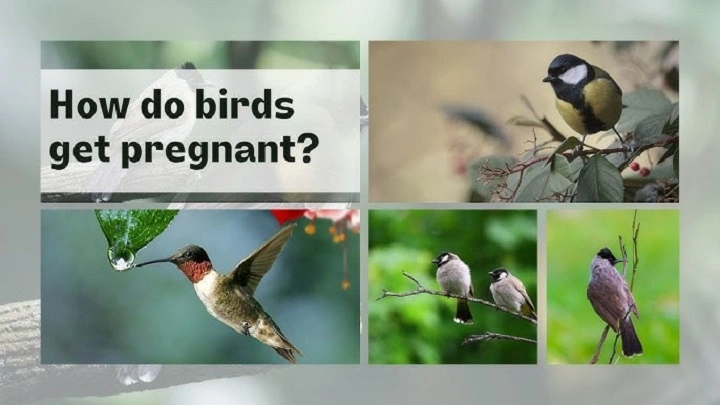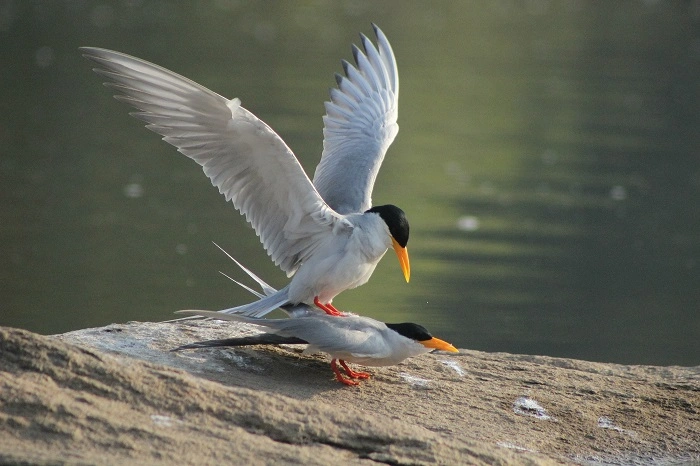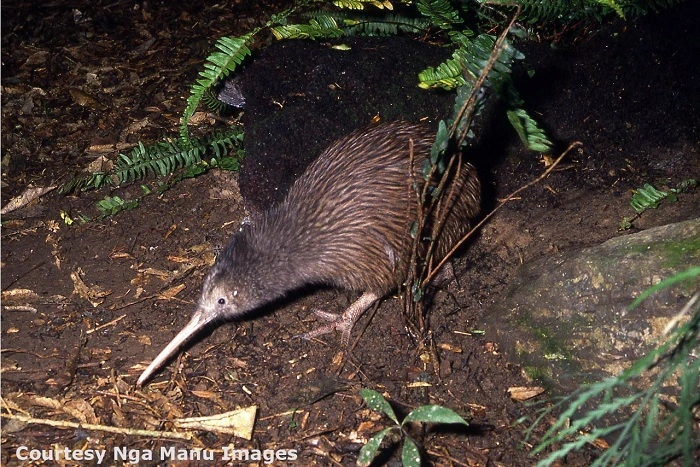It’s a question many people ask: do birds get pregnant? We’re used to mammals carrying babies inside their bodies until birth, but birds live by different rules. They never get pregnant. Instead, they lay eggs. Their entire reproductive system is designed for flight, efficiency, and survival.
To understand that isn’t biology—it’s magic. It’s the story of life wrapped up in wings, feathers, and teeny shells. We’re going to discover in this chapter how babies are made by birds, what happens prior to eggs hatching, how guys and girls treat each other, and why the process is so unworldly compared with animals we know best.
Why Birds Don’t Get Pregnant
The quick answer: birds can’t become pregnant since they are not mammals. Being pregnant is having babies grow inside the body with the help of a placenta. Birds don’t possess a placenta. Their babies grow outside of their bodies, in eggs.
This adaptation has a benefit. Having babies would weigh down and endanger flight. Laying eggs keeps a bird’s body light, but strong and adaptable, to survive.
How Birds Reproduce
And when they fail to conceive, what does it involve? It involves the process in series order.
Courtship and Pairing
It begins with courtship. Male birds sing, dance, display feathers, or offer food to be selected as a companion. Peacocks spread multi-colored tails. Songbirds produce complex melodies. Albatrosses perform ritual dances for hours.
Mating
Birds mate with a fleeting touch called the “cloacal kiss.” The male and female both have an opening called a cloaca. When they bring the cloacas together, male to female sperm is transferred. It’s instant, perhaps seconds, but long enough to fertilize eggs inside the female.
Egg Formation Inside the Female
This is where the magic happens.
An ovary creates a yolk.
The yolk travels through the oviduct upwards, where albumen (egg white), membranes, and eventually the shell are developed.
It may take as long as 24 hours.
After it is finished, the egg is ready to be laid.
Egg Laying
The female lays eggs in a nest. The clutch size varies from one egg to over ten depending on the species. Parrots lay two to four. Ducks sleep twelve. Some birds lay a single egg at a time, putting all energy into one chick.
Incubation: The Outside Pregnancy
While pregnancy is the growth of young inside, incubation is its avian counterpart—outside. As soon as eggs are laid, parents must change their temperature. Body warmth, feathers, and sometimes exposed “brood patches” of skin transfer heat directly to eggs.
Incubation varies from a short duration of more than 10 days (in small song birds) to more than 80 days (in some albatrosses). Incubation allows embryos to develop in shells, nourished by yolk. Parents care tenderly, turning eggs so that development can be uniform.
Hatching: Life Cracks the Shell
When incubated, the chicks emerge. They pip their way out of the eggshell using an “egg tooth” at the tip of their beaks. It can take days or hours. The tiny bird is finally free, wet, exhausted but alive.
Some chicks, like chickens and ducks, are precocial—can stand and eat within minutes of hatching from the egg. Others, like songbirds, are altricial—blind, hairless, and completely dependent.
Why People Get the Question Mixed Up
So why would humans ask, do birds have babies? Because human minds categorize everything as mammals. Birds truly do reproduce sexually. Women incubate eggs in their bodies for a time before giving birth to them. It might appear the same on the surface. But scientifically, it is not. No babies. No placenta. Just eggs.
Specialized Adaptations in Bird Reproduction
Bird reproduction is full of amazing facts.
- Lightweight structure: Most female birds have just one working ovary, conserving weight in order to fly.
- Ornamental eggs: Some species tint shells the same as surroundings—camouflage to keep from predators.
- Shared paternal role: Incubation is done by males in most species. In others, like emperor penguins, males perform sole incubation.
- Scheduling with seasons: Birds schedule breeding to coincide with food supplies so chicks are born during plentiful food times.
Also Read: Angry Birds Chuck: Speed, Timing, and Calm Mastery for Big Scores
Comparing Birds and Mammals
It is more easily seen.
Mammals: Fertilization → Pregnancy → Birth.
Birds: Fertilization → Egg formation → Laying → Incubation → Hatching.
Both processes favor survival but evolved differently. Birds chose lightness and flight over having young.
Examples of Bird Breeding Stories
- Penguins: Emperor penguins hold eggs on feet under folds of skin in cold Antarctica.
- Cuckoos: Lay eggs in hosts’ nests, deceive hosts into raising their young.
- Songbirds: Parents incessantly steal chicks, hundreds of rounds per day.
- Albatrosses: Spend lavishly on one chick, incubation taking nearly three months.
These all illustrate that bird reproduction is adaptable, creative, and diversified.
Why the Question Is Important
To come seeking “do birds get pregnant” is opening doors. It’s not curiosity—per se—it’s the beginning of understanding how life gets established differently. Birds don’t have babies inside of them, but they’ve established processes as intricate and beautiful.
And it is vital in practice. Owners of parrots, canaries, or chickens most likely wonder why their pets lay eggs, while they are not mated. Reproduction knowledge makes people appropriately take care of parrots, canaries, or chickens at home.
Frequently Asked Questions About Birds and Pregnancy
Q1. Do birds get pregnant like mammals?
No. Birds lay eggs. They never develop embryos within their bodies as mammals do.
Q2. For how long do birds incubate eggs in them?
Typically about 24 hours, from yolk release to shell development.
Q3. Do female birds lay eggs without copulation?
Yes. Unfertilized eggs are usually laid even if males are absent, such as in chickens.
Q4. Do male birds participate in reproduction?
Yes. They provide sperm during copulation and occasionally during incubation or feeding.
Q5. What is pregnancy in a bird?
Incubation. The egg is where the embryo forms, away from the body of the parent.
Closing Thoughts
So are birds pregnant? No. They’re on another beat. Their story is eggs, nests, and waiting. Their bodies stay light, free to fly. Their babies grow out there, in fragile but tough shells.
It’s not more or less. It’s simply another miracle that life discovered to continue on. The next time you see a robin perched atop her nest, recall the following: she is not pregnant. She’s guarding possibility. Guarding the sweet promise of wings yet to become formed enough to bear her far.




